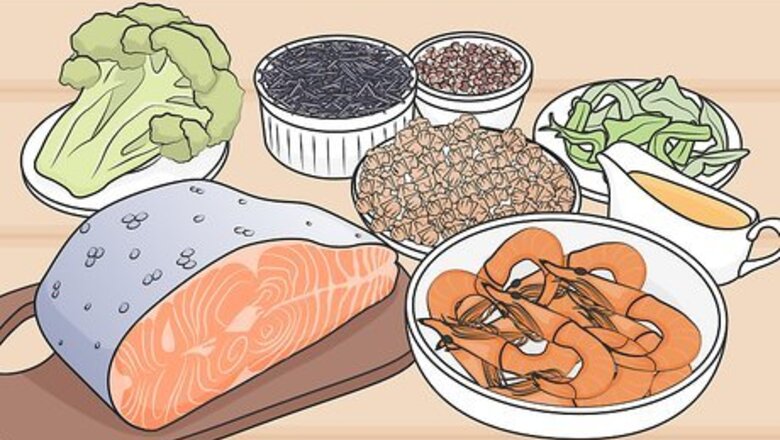
views
Steps You Can Take at Home
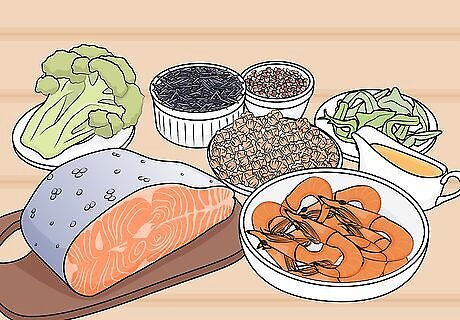
Eat foods that are high in iodine. An iodine deficiency could cause hypothyroidism, so some dietary adjustments could help. The main sources of iodine are seafood, iodized salt, milk, and bread. As long as you consume the recommended amounts of these foods, you should have enough iodine in your diet. The recommended daily iodine intake is 150 micrograms, and a teaspoon of iodized salt contains about 250 micrograms. However, don’t only get your iodine from salt, because one teaspoon is higher than the recommended salt servings for a whole day. Remember that you need iodized salt, because regular salt doesn’t contain iodine. This means that the salt in many processed foods doesn’t provide any iodine.
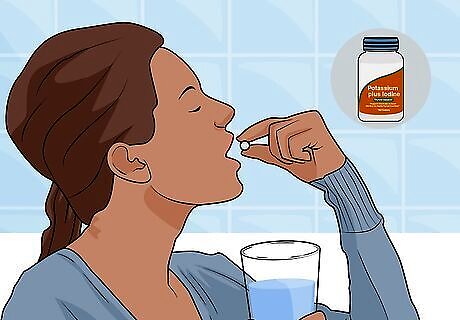
Take an iodine supplement if you have a deficiency. Some areas of the world don’t have access to iodine-rich foods or salt. In this case, a daily iodine supplement could bring your levels back to normal and boost your thyroid function. Don’t start taking an iodine supplement without consulting your doctor first. These supplements could interfere with some medications, or could cause an overactive thyroid if you didn’t have a deficiency.
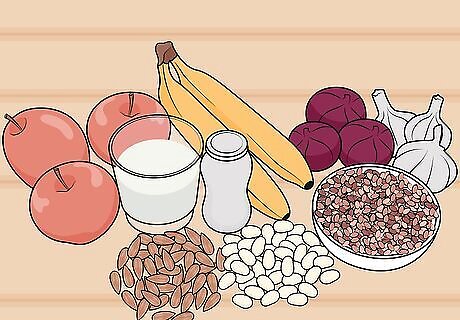
Avoid foods and supplements that could inhibit your medication. If your doctor prescribes medication for your condition, then some foods and supplements could interact with it. To make sure your medication works properly, eat the following foods 2-4 hours before or after taking your medicine: Walnuts, soy and soybeans, and cottonseed. Supplements and medications that could also interfere with thyroid medication are iron, calcium, antacids, and cholesterol medication.
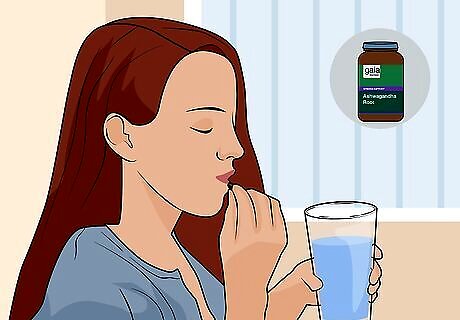
Try ashwagandha supplements to regulate your thyroid. There is some evidence that ashwagandha could boost your thyroid function and fight hypothyroidism. However, this evidence is only suggestive, so ask your doctor before taking these supplements.
Medical Treatments
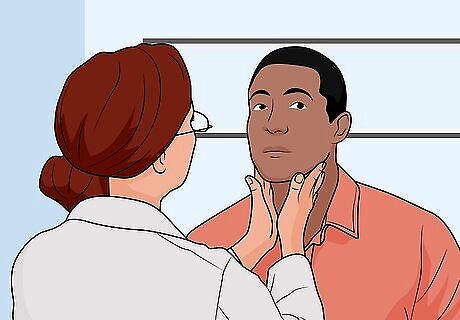
Visit your doctor if you show signs of hypothyroidism. This condition requires a medical diagnosis and treatment, so don’t hesitate to see your doctor if you show symptoms. The main symptoms include fatigue, weight gain, feeling cold, joint pain, constipation, and irregular menstrual periods. If your thyroid has been underactive for some time, it could also cause thinning hair, dry skin, and depression.
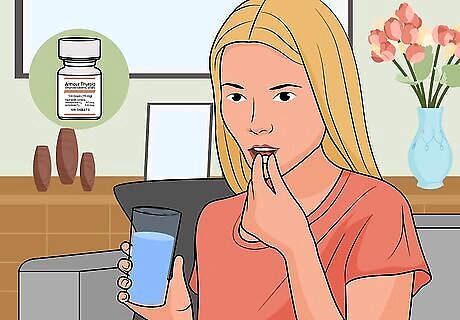
Take synthetic thyroid hormones to restore thyroid function. This is the main medication that doctors use to fight hypothyroidism. They boost your thyroid activity and should treat the issue. Follow your doctor’s directions and take the medication exactly as prescribed. You should generally take your medication on an empty stomach, but follow your doctor’s instructions.
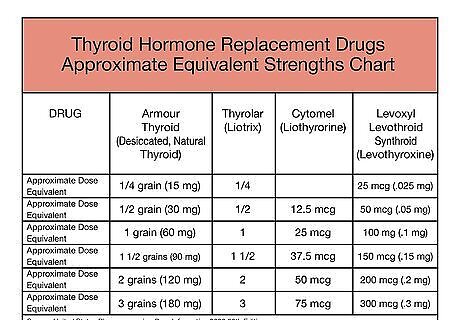
Adjust your dosage if you notice any side effects. There’s often some trial and error to determine the best dosage for your medication. Too little won’t make your symptoms disappear, and too much can make your thyroid hyperactive. Stay in touch with your doctor about your symptoms and adjust your dosage if they tell you to. Whenever you adjust your dosage, the doctor will order a blood test in a few weeks to measure the levels of hormone in your body. This is a standard practice.
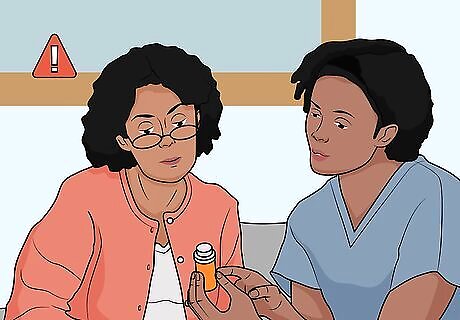
Stop taking drugs that might lower your thyroid function. In some cases, medications could suppress your thyroid function. Review any medications you’re taking with your doctor. If your doctor thinks one of them could be causing your condition, then stop taking it to see if you improve. Some heart, psychiatric, and cancer medications are associated with hypothyroidism, so be sure to ask your doctor if you’re taking any of these medicines. Never stop taking any prescription medications without asking your doctor first.



















Comments
0 comment